Project
Structural Change Coastal Fisheries
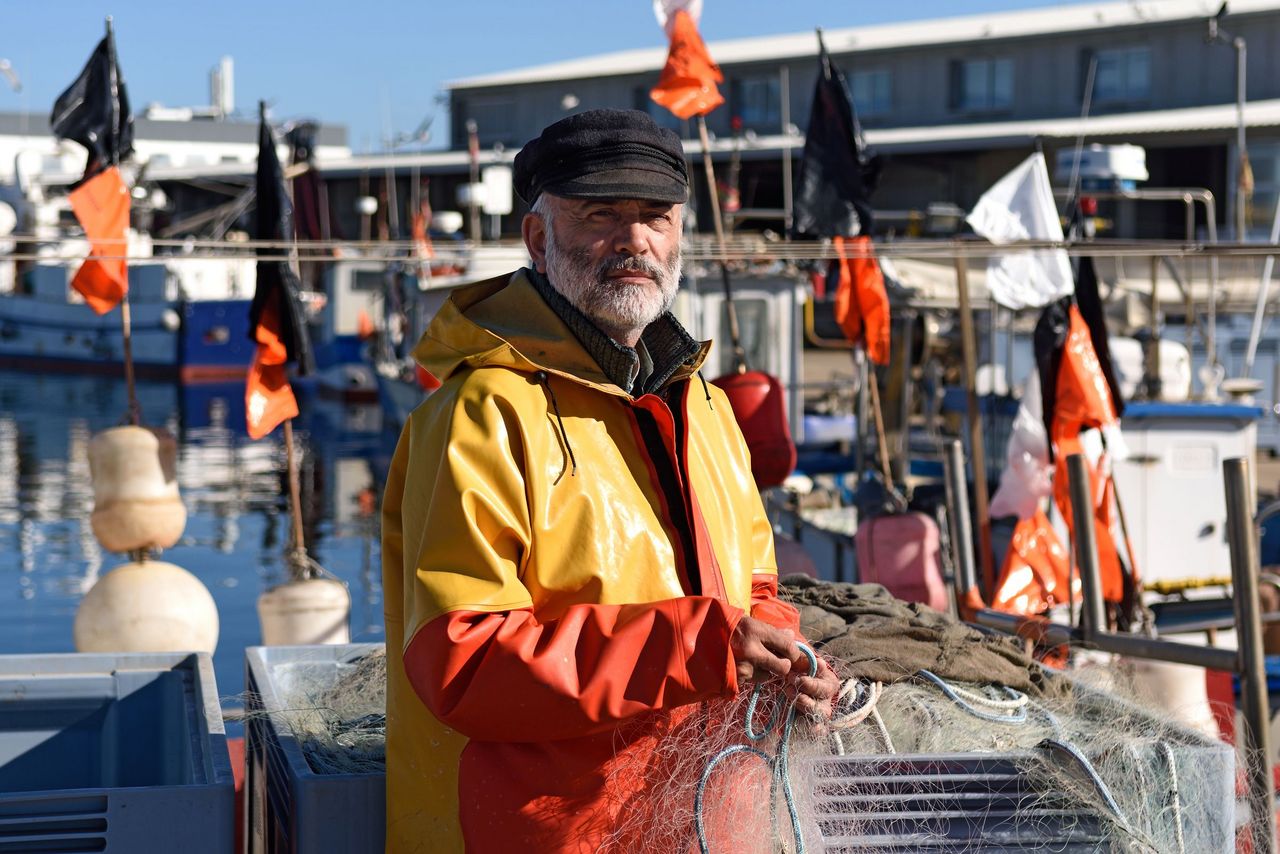
Future of Coastal Fisheries in the North and Baltic Sea
Coastal fisheries change. Reduced catch opportunities put enormous economic pressure on the fishers. Thereby, fisheries are not exclusively a business. Fisheries is a centuries old cultural practice, which characterises coastal communities until now.
Background and Objective
For various reasons the number of fisheries enterprises have declined since a couple of years. Baltic Sea fisheries face the greatest challenge since the German reunion: The quotas for the most important target species, western herring, western and eastern cod, have been reduced dramatically. Further and in regard of climate change, it is uncertain, if those stocks will ever recover. Currently it seems more likely, that the available catches will be permanently lower than in recent times. At the North Sea, international competitiveness, which have been intensified since the Brexit, and the trend to rationalise, have led to a concentration along the supply chain. Producers power have become weaker. Conflicts between offshore energy, nature protection, shipping, ocean dumping and other users of the marine waters tighten up the situation.
The Common Fisheries Policy (CFP) of the European Union attributes coastal fisheries a central role for the sustainable use of the marine resources fish. Coastal fisheries provide healthy, protein rich food, which is extracted with comparable low-impact and regionally. Fisheries is not only a business. Fishers characterise the culture of coastal communities with their lifestyle since centuries. A further decline of small scale fisheries endangers a sustainable use of fish resources and their cultural heritage. This trend have consequences, which goes far behind the sector itself. Jobs along the seafood supply chain and infrastructure at local ports would disappear. The regional support of fresh fish would be in danger of extinction. The loss of identity as a fisheries’ place would hit the coastal communities in addition. At least, a disappearance of fisheries, would vanish local fishing, cultural, historical and environmental knowledge, which is mainly pass on oral tradition from generation to generation.
Objective of our research is to identify, how coastal fisheries and fisheries communities can adjust to the problematic challenges nowadays. To answer the question of future structures is preconditional to maintain the local and sustainable exploitation of seafood. It ensures that coastal fisheries will meet its economic, cultural and social functions for the coastal communities further on.
Target Group
Policy makers, science, fisheries and the public
Approach
Areas of research are the coastal regions of North and Baltic Sea in Lower Saxony, Schleswig-Holstein and Mecklenburg-Western Pomerania. Our research focuses on the acting unit. Its attention is on the acting and acting options of humans, who are affected by the structural change. First and foremost these are the fishers and their coastal communities. Secondly, all types of stakeholders belonging to the social network of coastal life are under the scope of our research.
There have been or are already research projects from different scientific organisations, which study coastal fisheries with an ecological or economic aspects. Research gabs exist regarding the sociological dimension of fisheries in particular. An overall concept of how to maintain the societal functions of coastal fisheries is still missing.
With the use of social science methods such as documentary analysis, qualitative interviews, participatory observation, surveys, sector economical analysis and enterprise economics (typical firm approach) we intent to close the existing gabs of knowledge. Our work aim to link existing research, answering new research questions and enhance the transfer of knowledge from science to practice. A good cooperation between humanities and natural sciences is crucial in the field of fisheries. A cooperation between science and the sector is preconditional to meet our objective. The centre of our research is the identification of success stories, which can be transferred from case studies to a regional and inter-regional level.
The participation in third-party funded research projects will help to answer specific research questions, such as the impact of climate change towards coastal fisheries or how to strengthen the creation of value.
Data and Methods
Social science research methods
Our Research Questions
Fisheries
- What does the culture of coastal fisheries constitute?
- What does the structural change in fisheries characterise?
- How do fishers experience the structural change?
- Which are the entrepreneurial opportunities fishers have to adapt their operations towards the structural change?
- Which tangible and intangible resources fishers have to make use of the entrepreneurial opportunities identified?
- How can fishers and other users of the marine space cooperate?
Coastal Communities
- Which (social, cultural and economic) value do fisheries have for the coastal communities?
- Which opportunities and resources coastal communities provide towards the fisheries for adaptation?
- Which are the impacts of the structural change in fisheries towards the coastal communities?
- How will former fishery ports be used in future?
Fisheries Management
- How can the structural change in fisheries be socially acceptable organised?
- How to ensure a sustainable exploitation of seafood against the background of structural change in fisheries?
- Which measures does fisheries management have to supply coastal fisheries towards an economic, social and ecological sustainable exploitation of seafood?
- Which importance does society attribute to coastal fisheries compared to other users of the marine space?
Thünen-Ansprechpartner*in/Thünen-Contact
- Lasner, Tobias - TI-Seefischerei
- Barz, Fanny - TI-Ostseefischerei
Beteiligte Thünen-Partner*innen/Involved Thünen-Partners
- Berkenhagen, Jörg - TI-Seefischerei
- Döring, Ralf - TI-Seefischerei
- Goti, Leyre - TI-Seefischerei
- Kraus, Gerd - TI-Seefischerei
- Simons, Sarah - TI-Seefischerei
- Strehlow, Harry Vincent TI-Ostseefischerei
- Zimmermann, Christopher TI-Ostseefischerei
Funding Body
-
Federal Ministry of Education and Research (BMBF)
(national, öffentlich) -
Bundesland Niedersachsen
(national, öffentlich)
Duration
1.2021 - 12.2027
More Information
Project status:
ongoing

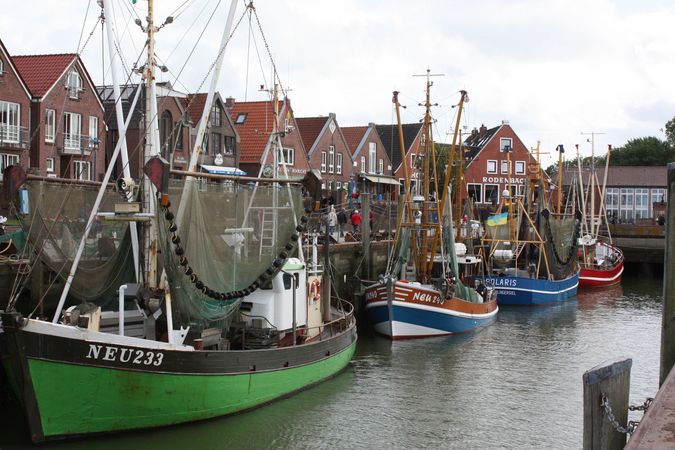
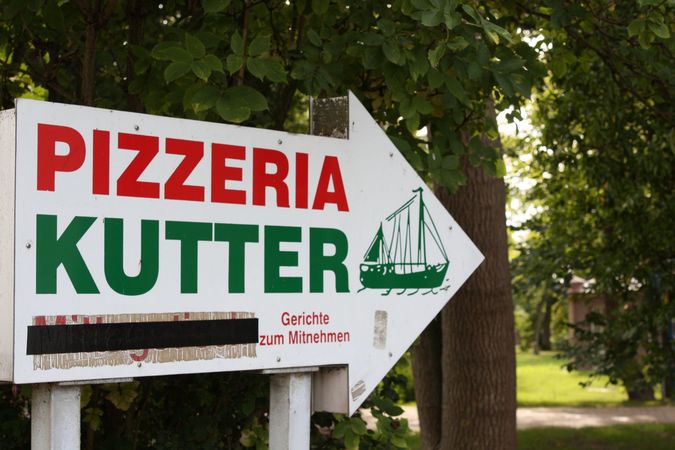
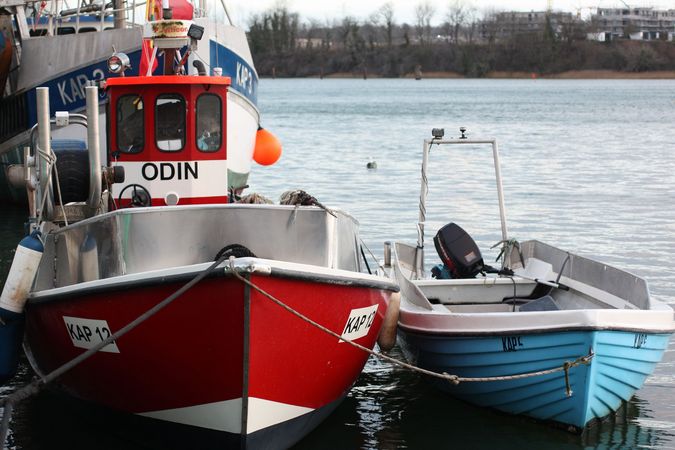
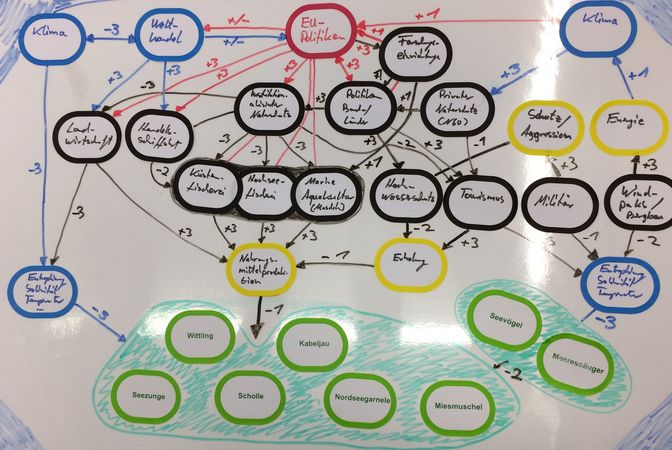
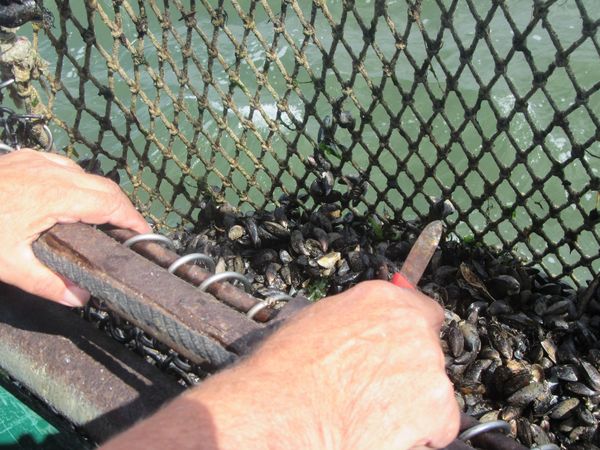
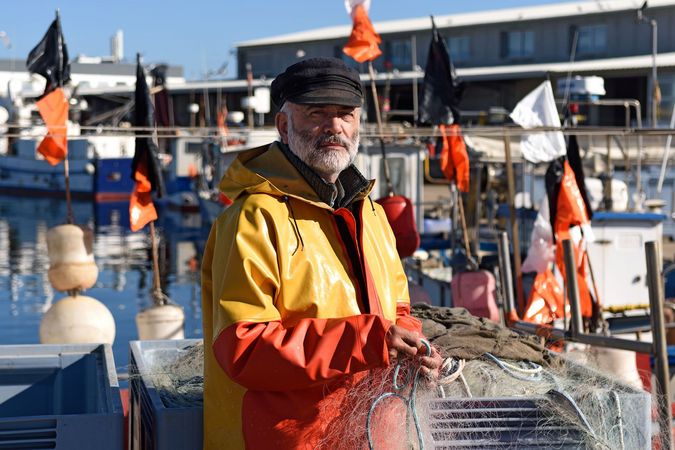
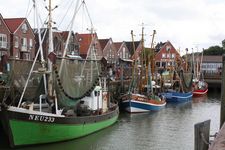
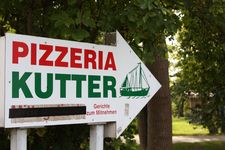
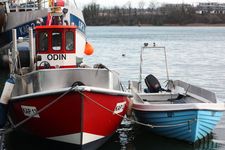
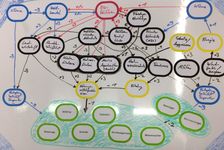
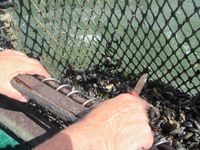
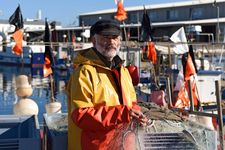
![[Translate to English:] Logo des Bundesministerium für Ernährung und Landwirtschaft](/media/allgemein/logos/BMEL_Logo.svg)